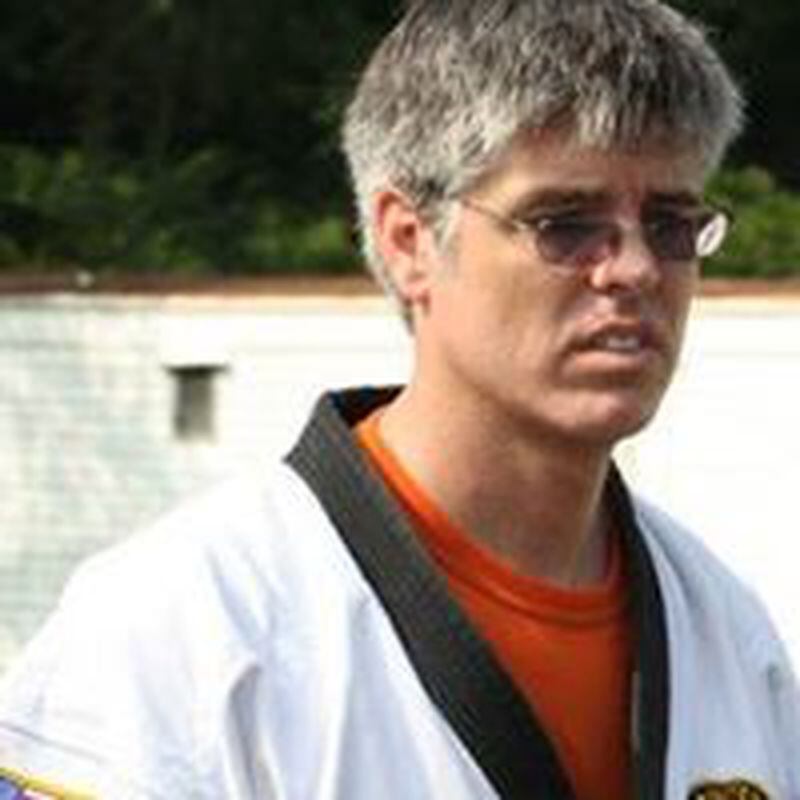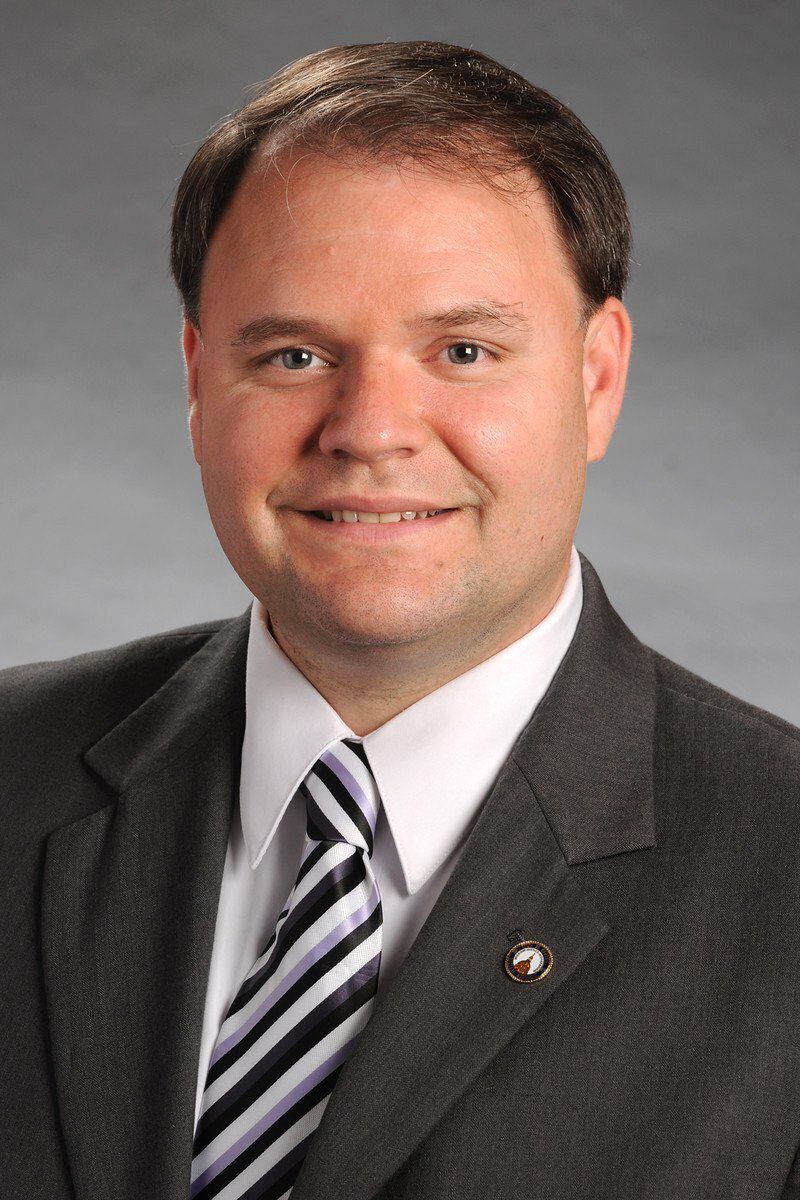Secret sex offenders were the target of Georgia lawmakers when they approved the Hidden Predator Act this past session.
Now, the new law is seeing what is apparently its first case, a lawsuit against Georgia karate school owner Craig Peeples. Seven former Taekwondo Junior Olympic medalists accuse him of years of pervasive sexual abuse. He has denied those allegations.
Credit: Lois Norder
Credit: Lois Norder
The seven also are suing the Amateur Athletic Union for continuing to allow Peeples to enter tournaments with children this year, even though a Georgia district attorney in 2014 found evidence of "multiple acts of sodomy, aggravated sodomy, aggravated child molestation, and sexual battery."
The district attorney couldn't pursue criminal charges, though. Georgia has a short statute of limitations to bring such cases or to pursue civil claims, and the former students are now in their 30s, according to their lawsuit.
That case prompted Rep. Jason Spencer, a Woodbine Republican, to file the Hidden Predator Act, which makes it easier for child sex abuse victims to seek damages.
Credit: Lois Norder
Credit: Lois Norder
Starting this past July 1, victims have two years from the time their abuse has been established by medical or psychological evidence to pursue legal claims.
The law also has a provision for those shut out in the past by Georgia’s short statute of limitations for child sexual abuse. From July 1, 2015, to July 1, 2017, those victims also can pursue claims. That allowed the seven men to bring their complaint against Peeples.
Another provision in the new law allows them to seek damages from AAU.
It says that if the perpetrator was a volunteer or employee of an entity that owed a duty of care to the victim, or the abuser and victim were engaged in some activity over which such entity had control, the victims could be awarded damages against the entity when there was a preponderance of evidence of negligence.
Georgia business interests fought to weaken that provision, according to the Daily Report. The Georgia Chamber of Commerce was concerned that employers, nonprofits, and other entities could be sued for employing or giving volunteer opportunities to people later discovered to be child predators. The bill was passed, with some changes to address business concerns, on the final day of the session.
In their suit. the seven men say that AAU and its leaders were aware of the risk of child sexual abuse perpetrated by adults responsible for the supervision and instruction of children. Indeed, it says, the AAU’s longtime president was forced to step down in 2011 after allegations that he sexually abused two basketball players during the mid-1980s. But, the suit claims, the organization certifies amateur coaches with only one hour of training.
Hear more about the case here, from a WSB Radio report.








